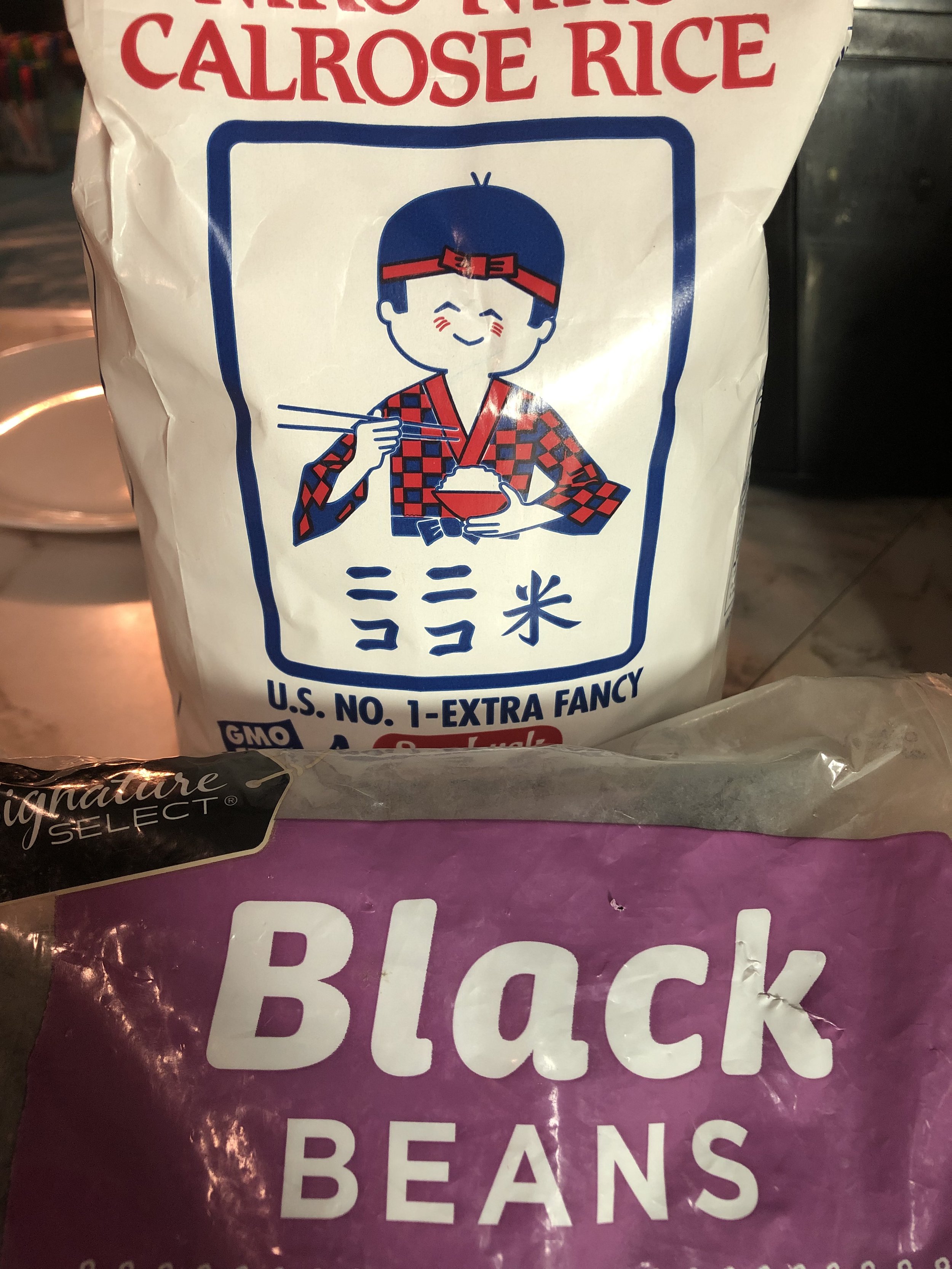Doing More With Less
“Rice and beans, beans and rice” Dave Ramsey
Most of my life I like to think I have been pragmatic with occasional bouts of both optimism and pessimism. Being someone who spends much of my time in agriculture and promotes working with nature, that outlook has generally swayed to the positive side. But now, given the current state of affairs of the world around me has led my perception to drift the other way and to be much darker and more negative. Nature is full of example of cycles and so is history. And if we are to believe history is repeating itself, the not-so-distant future holds much instability. First a pandemic. Then a war. If I had to guess, the next chapter holds the unraveling of economies. While we sit back and marvel at our technological advances that add convenience to our lives, few looked at how vulnerable our complex systems are and how prone they are to failure. It would be easy to continue to paint a picture of doom and gloom, but that is not the intent of this month’s article. As someone who tries to work with nature, observation is one of our most important tools, and everything above that I describe is that – observations. I certainly hope things don’t turn out the way I think they might, but just in case, here are a few things to think about now and maybe even consider taking some action from the perspective of an agricultural producer, but the ideas could easily be transferred to the home as.
Managing inputs whether it be for the farm, or the home will become increasing important. There are two parts to this, one is cost, and the other is supply. Folks who have already adapted a low-cost production model will fair much better in tougher times than those that require extensive inputs. Spending your way out of a problem a recipe for disaster. To make a point clear though, low cost does not mean no cost and do nothing. Regenerative and Organic agriculture is the thinking man’s agriculture that does not rely on a cookbook recipe of inputs and is part of the reason why I think its acceptance by producers isn’t as widespread. Human nature is to doing things the easy way for short term benefit. Working with nature requires an extensive amount of knowledge to draw upon from various topics, not just those traditionally thought about in agriculture. The other part of managing production is making sure that the things you need are there when you need them. Under our current situation, that means that you have to plan well in advance. The expectation that things will be there when you need to buy it from the store will only lead to disappointment. A short run down on the list for farm items we will buy a “plus one” when we are picking up items is livestock salt & mineral, fencing supplies, hose clamps, and various types of repair kits. In relating this to the home, how we manage our farm supplies is much like our food supply. This doesn’t mean going out and hoarding items, but the same principle applies especially for items that don’t go bad. Some items bought on a “plus one” basis for the house are white vinegar, salt, sugar, and of course how could a Hawaiian forget about keeping extra cans of SPAM around?
Developing and refreshing skills is another thing I spend time doing. It is a great way to stretch the extra dollars to do a little more. The information is out there for just about anything you would want to learn about, and we live in a time where accessing that information is literally at the push of a button. A far cry when you physically had to go the library, look through a card catalog, and then go searching the shelves for the book and hope it was there. A great example for land restoration is learning how to produce propagative material. Learning techniques such as grafting, propagation through cuttings, and techniques to increase the speed of germination are all very low-cost things that anyone can do to add some new plants.
There’s a lot to be concerned about but on the bright side, one thing we’ve been fortunate to have some spring rain. I can’t wait till it warms up a little as well and the explosion of growth happens. And while this is one of the most busiest times of the year for anyone involved with agriculture take some time to think about how you can add a little security to your life in uncertain times.
Follow Gregg on Facebook, Instagram, and twitter @olaainafarms or email him at gregg@olaainafarms.com and visit www.olaainafarms.com
Originally published May 2022 in the Silverado Express
